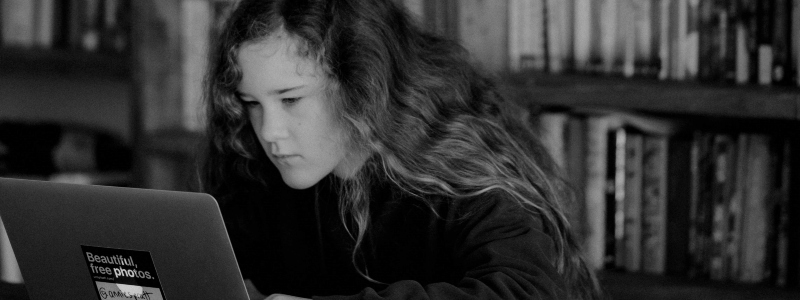Studies of happy marriages find that anger and criticism are expressed rather than repressed. However the way that they are expressed matters.
Most of us are uncomfortable with expressing anger and being critical. Anger and criticism generate rejection and everyone hates rejection. More often than not criticizing and complaining create a climate of negative energy before they create positive energy.
Why does criticism feel like attack?
Historically criticism could lead to ostracism that may in turn lead to death. To ostracise someone meant to not speak with them, trade, or engage with them in any way. Being the subject of criticism therefore could threaten one’s livelihood and reputation as well as that of one’s family. Our genetic heritage made it functional to kill the criticiser before the criticiser killed us.
Female vs Male anger
In a study on sex differences, when observers were told that the infant they were observing was a boy they were more likely to interpret “his” emotional expression as anger; observers told the identical infant was a girl were more likely to interpret “her” emotional expression as fear.
When we interpret a woman’s emotion as fear the instinct is to protect, when the same emotion expressed in a man is interpreted as anger the instinct is to fight or flee.
It may be that a double standard has lodged itself in our mindset and translates into our feelings about how to criticize a man vs. a woman. It is more often the case that a man’s criticism of a woman is met with disapproval whilst a woman’s criticism of a man is approved of and approximated with empowerment.
Most men have learnt to express anger and criticism toward other men, but have been socialised to protect women, to argue outside the home (with men) not inside the home (with women). Withdrawal is not the way men do battle with men. It is the way they do battle with women.
Genetic heritage
For millions of years, women have biologically selected men who were heroes. The word “hero” derives from the Greek “serow” from which we get our words for “servant” “slave” and “protector.” Servants and slaves were not expected to express feelings but to repress them, just like heroes.
Our genetic heritage, the socialisation process that led women to marrying killer/provider men and men marrying beautiful women, thus selecting genes from which the next generation of children were born is still with us.
With all this genetic and social baggage in tow, is it possible to create a safe environment in which to both give and receive criticism without fear of annihilation? Couples are often afraid to understand their partner’s point of view for fear it will diminish or discount their own and demand too much by way of compromise. This is understandable in an evolutionary context where survival was more dependant on combat than compassion.
Moving forward
Perhaps it is useful to understand relational dynamics as an art, to be engaged with and navigated without blame or shame. Especially so at a time when our relationships have become the organising principle of our lives and the couple the chief organising unit.
This is easy to say, but if communicating effectively were easy, we’d already be doing it! In my next blog I shall be considering what relationship tools, language and intelligence might look and sound like, such that anger and criticism may be expressed and received in ways that promotes relational growth.
Gerry Gilmartin is an accredited, registered and experienced psychotherapeutic counsellor. She currently works with individuals (young people/adults) and couples in private practice from Hove.


 We live in a complex world which, for the most part, seems to demand that we achieve certain things to ‘be someone’ and have a successful and happy life. These ‘certain things’ are the obvious trappings of society – having a good education, getting that well-paid job or rewarding career, finding that perfect relationship, having the right house and the right car, and so on. While these can bring certain levels of happiness and contentment for some people, those feelings are usually transitory and once the excitement of the achievement dies down, it leaves us with the yearning for the next thing on the list, the next achievement that will bring us happiness.
We live in a complex world which, for the most part, seems to demand that we achieve certain things to ‘be someone’ and have a successful and happy life. These ‘certain things’ are the obvious trappings of society – having a good education, getting that well-paid job or rewarding career, finding that perfect relationship, having the right house and the right car, and so on. While these can bring certain levels of happiness and contentment for some people, those feelings are usually transitory and once the excitement of the achievement dies down, it leaves us with the yearning for the next thing on the list, the next achievement that will bring us happiness.





 In this blog I share my view on how to work with a fictitious client. The “client” James, is a high achieving barrister in his mid-thirties presents with severe anxiety. He has recently started a new relationship and they are thinking of moving in together.
In this blog I share my view on how to work with a fictitious client. The “client” James, is a high achieving barrister in his mid-thirties presents with severe anxiety. He has recently started a new relationship and they are thinking of moving in together.



